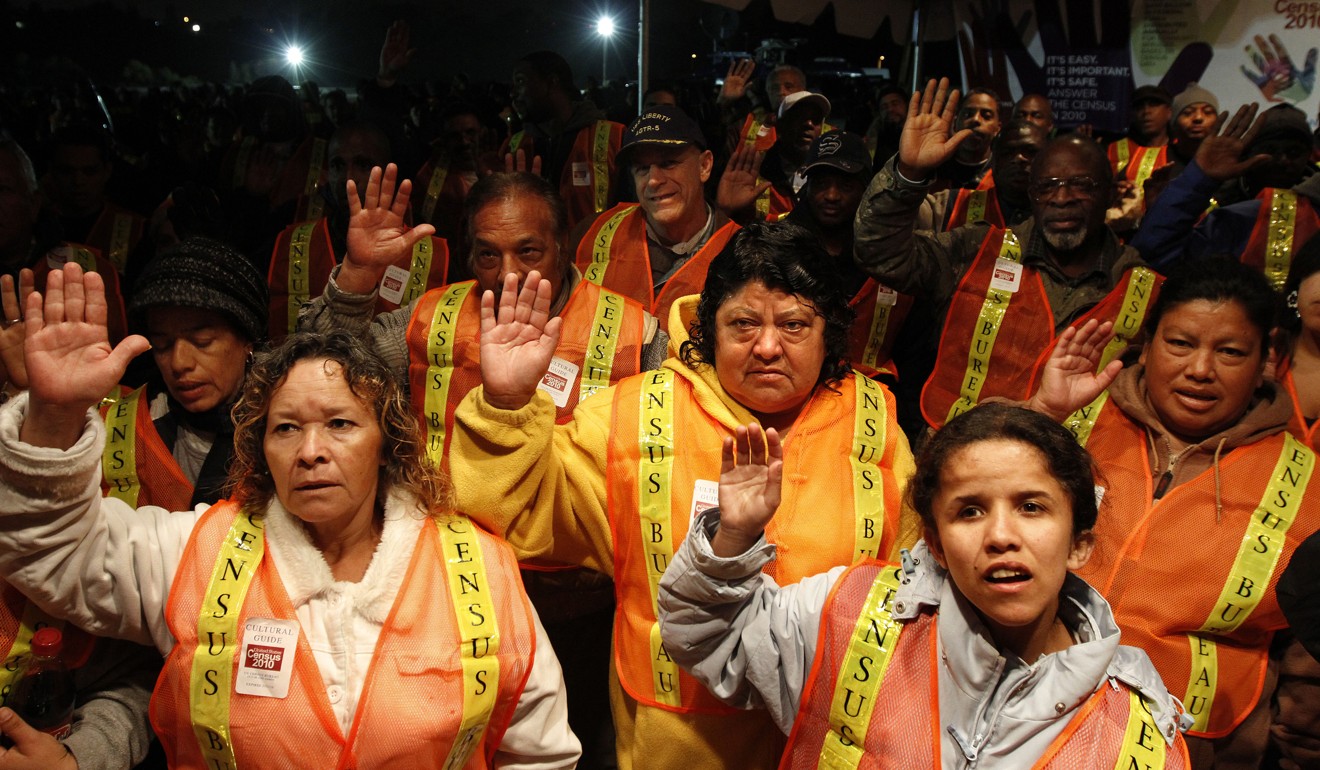
NY, California and others to sue Trump administration over US census question on citizenship
Experts say the question could cost blue states billions of dollars, as residents worried about their status will avoid answering
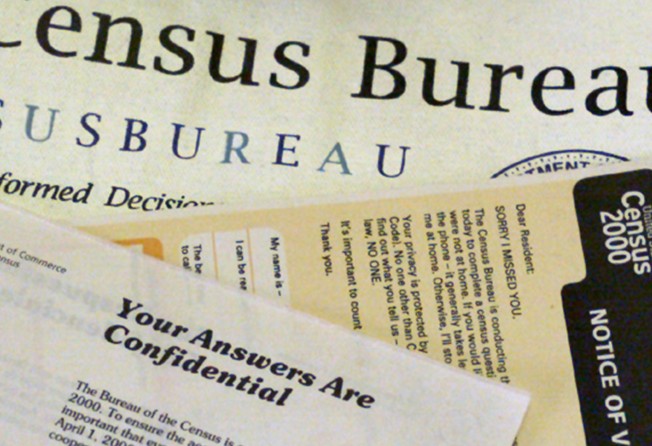
New York, New Jersey and Massachusetts have announced plans to sue US President Donald Trump’s administration over a proposed citizenship question in the upcoming 2020 census.
The states joined California, which filed a suit late Monday night, in objecting to the question, which experts say could cost them billions.
That’s because residents concerned about their status would refuse to respond, giving the impression of a lower population – and in turn reducing the amount of federal funding given to them.
“Including a citizenship question on the 2020 census is not just a bad idea – it is illegal,” said Xavier Becerra, California’s attorney general.

The Trump plan was requested by the Justice Department in December and announced on Monday.
As well as undermining the fair distribution of federal tax dollars, it could potentially affect representation in Congress and the Electoral College for immigrant-heavy states, Becerra said in his complaint.
If the question does lead to an undercount, the effects could be profound. The census is used to allocate nearly $700 billion in federal money for some of the government’s biggest programmes, including Medicaid.
As many as 16 states are also positioned to either lose or gain a congressional seat, depending on the census results.
California is among those that could be hurt most. The state has 53 seats in the House, the largest delegation of any state. But it is at risk of losing one of them to states whose populations have grown faster over the last decade.
“Undercounting the sizeable number of Californian noncitizens and their citizen relatives will imperil the State’s fair share of congressional seats and Electoral College electors and will cost the State billions of dollars in federal funding over the next decade,” Becerra wrote.
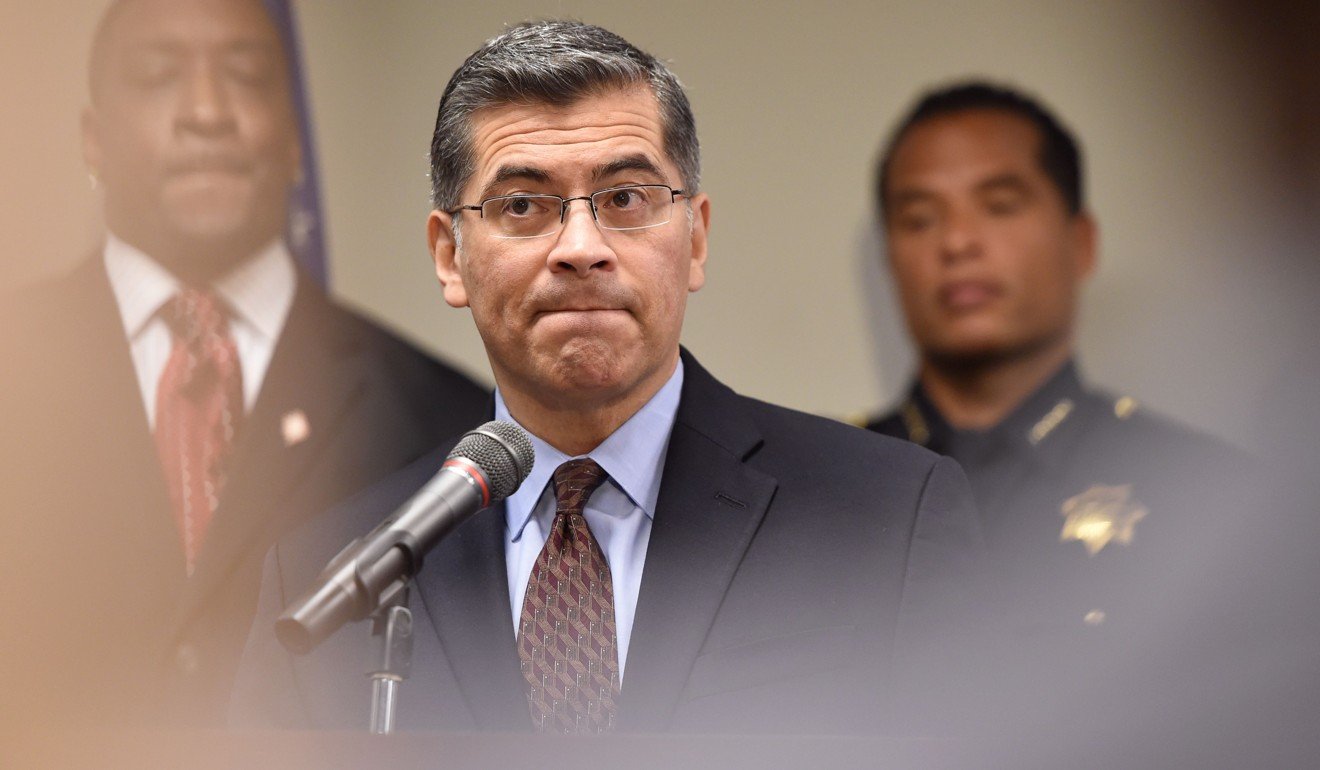
New York Attorney General Eric Schneiderman echoed those thoughts, saying in a statement that the change will make an accurate count of the population impossible. New York plans to lead a multi-state lawsuit, he said.
“The Trump administration’s reckless decision to suddenly abandon nearly 70 years of practise by demanding to know the citizenship status of each resident counted cuts to the heart of this sacred obligation – and will create an environment of fear and distrust in immigrant communities,” Schneiderman said.
Schneiderman says the decision to add the question “directly targets” states with large immigrant populations.
Former US Attorney General Eric H. Holder Jnr said much the same in a statement: “Asking the citizenship question on the census is not critical to enforcing the Voting Rights Act.
“Make no mistake – this decision is motivated purely by politics. In deciding to add this question without even testing its effects, the administration is departing from decades of census policy and ignoring the warnings of census experts.”
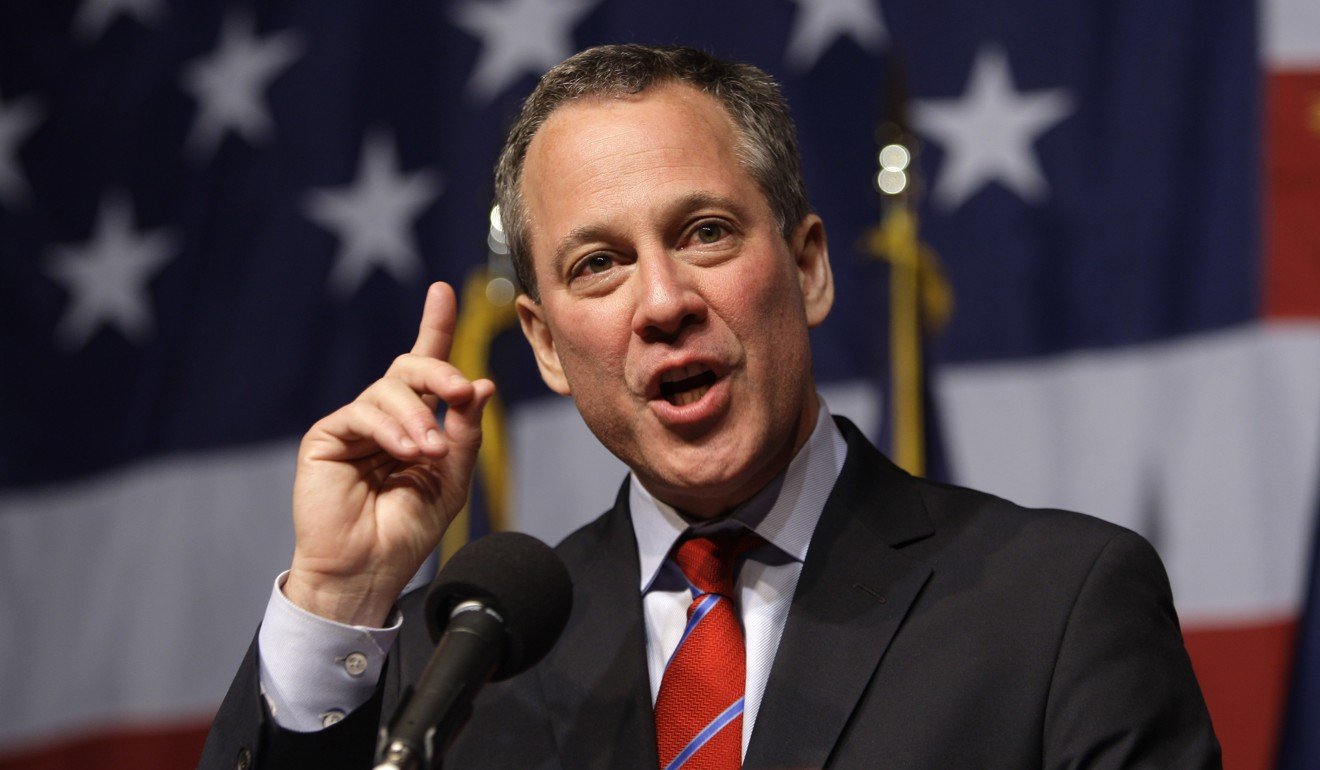
Secretary of Commerce Wilbur Ross, who oversees the Census Bureau, wrote in a letter to his agency Monday that adding the question would enable the federal government to get more accurate data, “which is of greater importance than any adverse effect that may result from people violating their legal duty to respond.”
Ross wrote that he is unpersuaded by warnings the question will discourage participation. He said there is no “definitive, empirical support for that belief.”
“No one provided evidence that there are residents who would respond accurately to a decennial census that did not contain a citizenship question but would respond if it did,” Ross wrote.
Before Ross even announced his decision, 19 attorneys general had urged him to reject the citizenship question.
All the Democrats on the Senate Judiciary Committee have written the Justice Department questioning its motivation, saying they are “deeply troubled” by the request and the impact it would have.
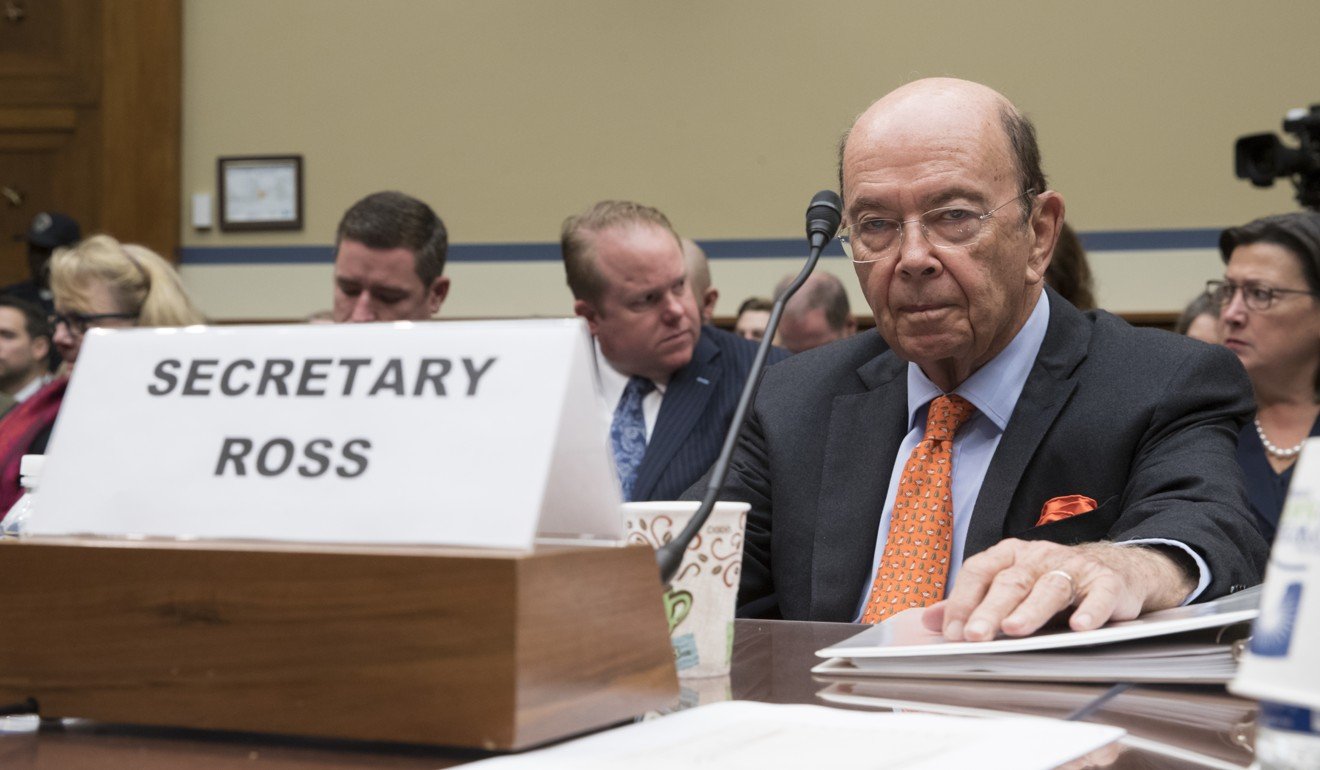
The Constitution provides for an “actual enumeration” of population every 10 years, using the census.
It also provides that “Representatives shall be apportioned among the several states according to their respective numbers, counting the whole number of persons in each state.”
That clause has been interpreted throughout US history as referring to a state’s entire population, including both citizens and noncitizens, although some conservatives in recent years have challenged that.